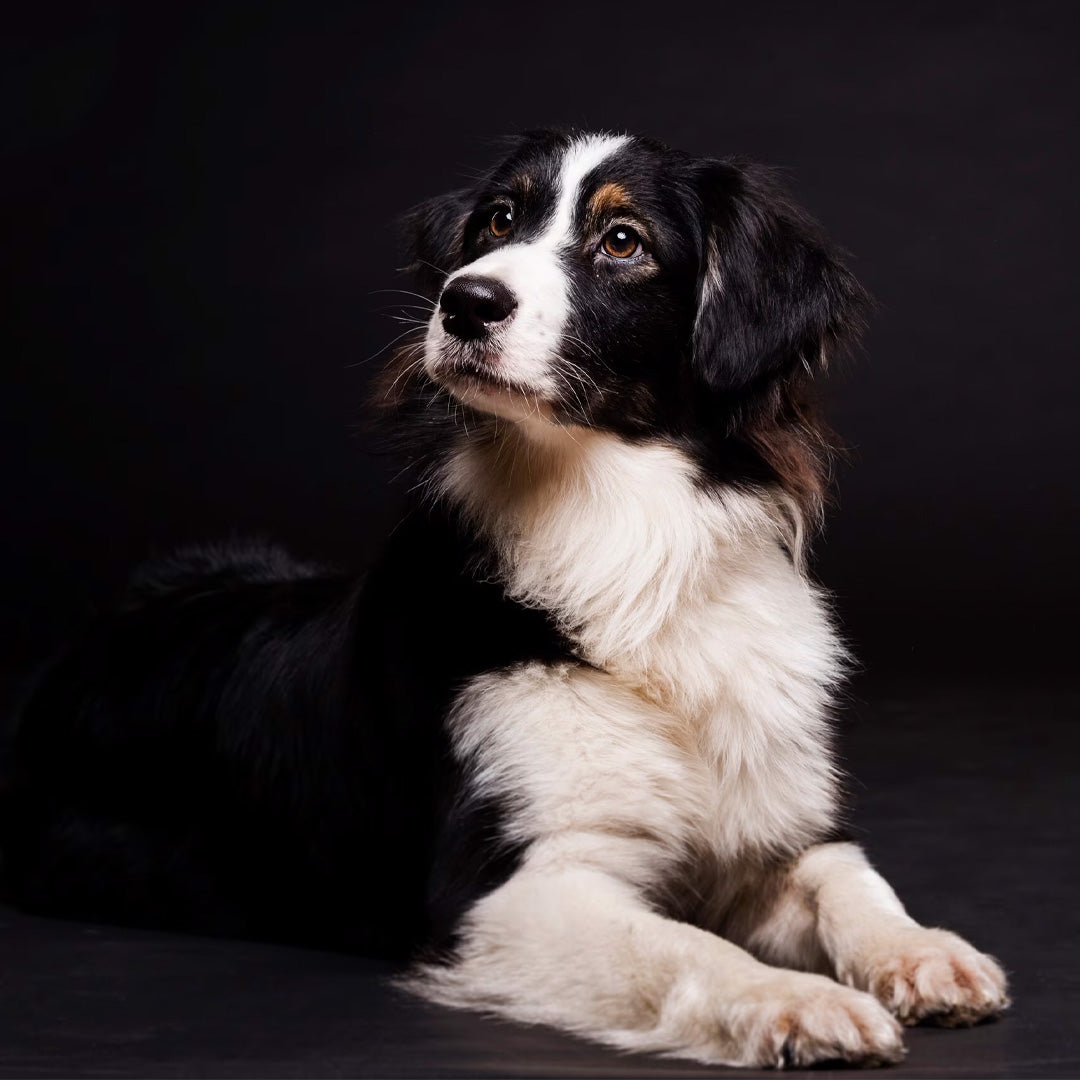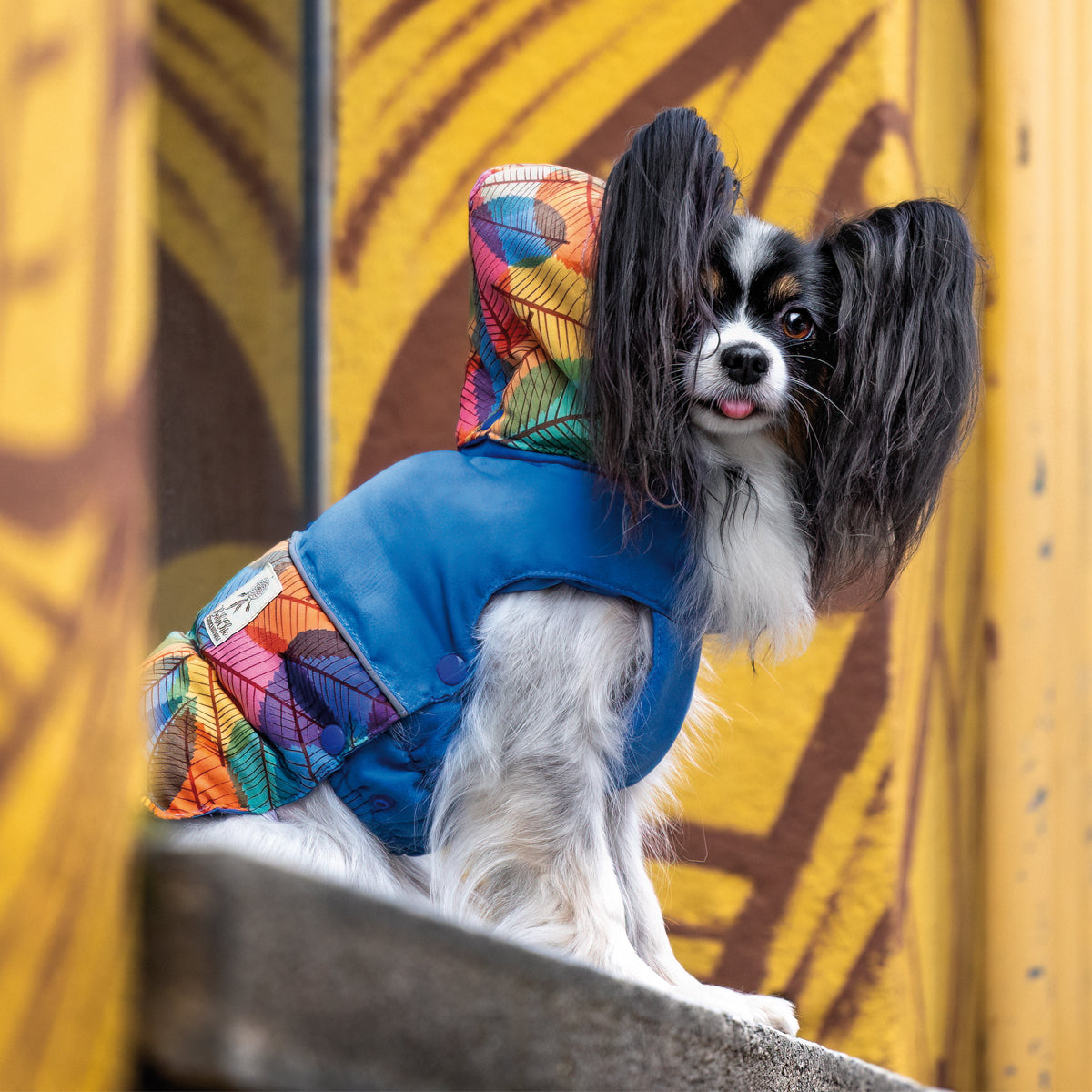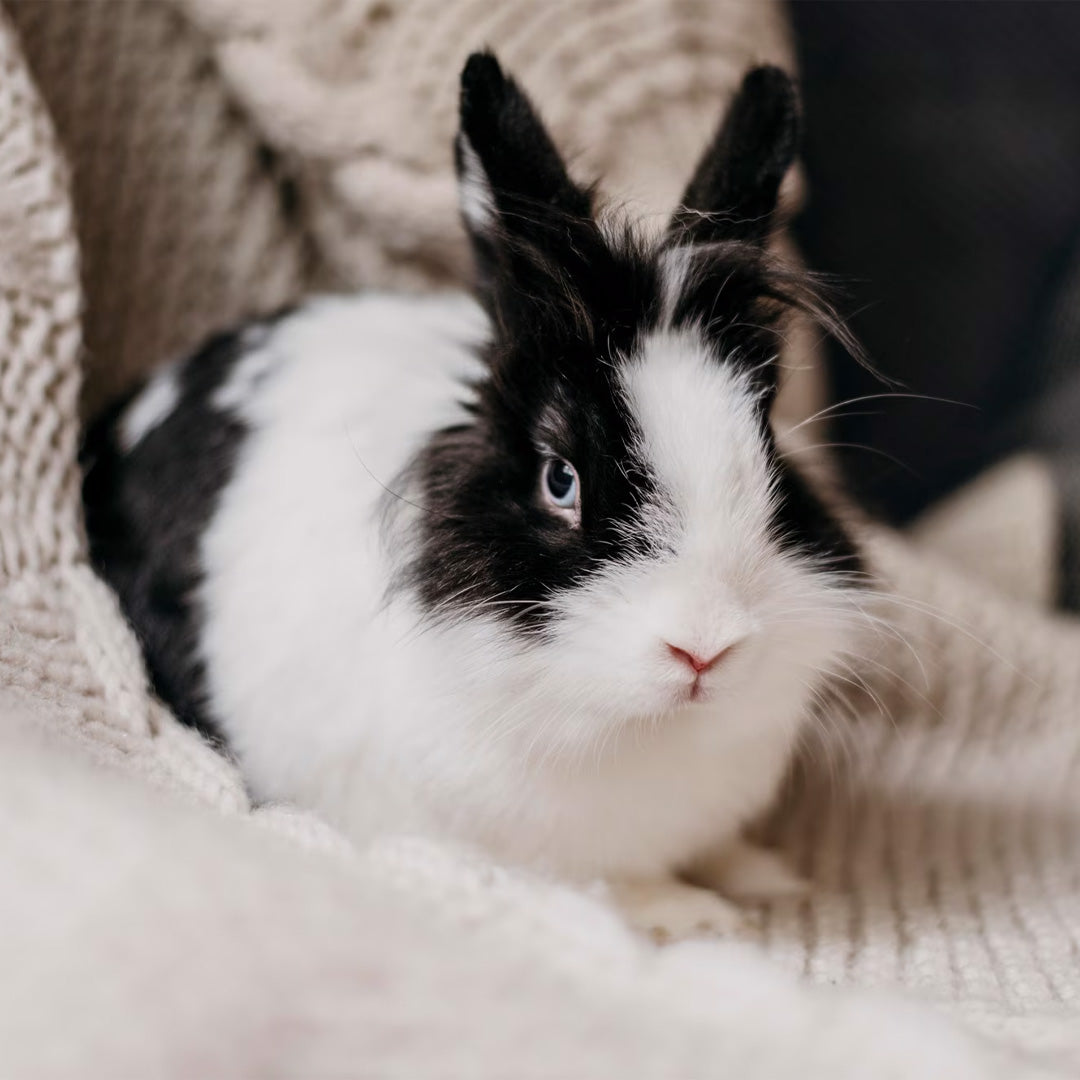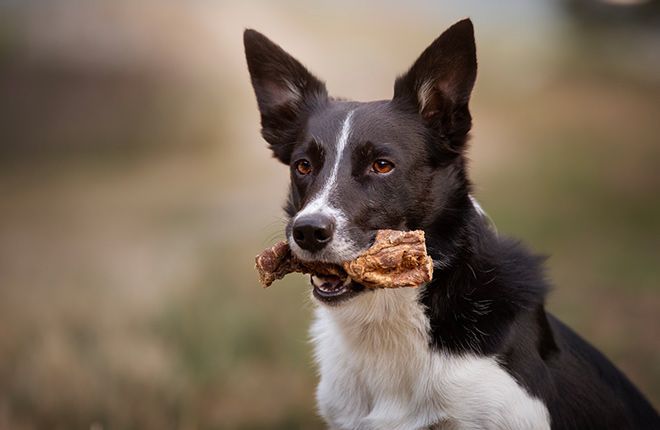The discovery of the first dog positive for Covid-19 raised the alarm: do pets transmit the virus?
The answer is no. Here because
“There is currently no evidence to show that animals such as dogs or cats can be infected by the CoronaVirus (SARS-CoV-2), nor that they can be a source of infection for humans.”
It's the comment of Umberto Agrimi , director of Department of food safety, nutrition and veterinary public health of the Istituto Superiore di Sanità regarding the news of February 28, in which the Hong Kong authorities reported that traces of the same virus were found on the oral and nasal mucosa of a dog belonging to a woman affected by SARS-CoV-2.
The dog shows no symptoms of illness and, as communicated by the WHO , work is underway to understand whether the weak positivity in the diagnostic test found in the dog was due to a real infection or to occasional contamination.
It cannot be ruled out that the owner's illness is at the origin of the dog's positivity. In fact, for purely precautionary purposes, the United States Center for Disease Control suggests that people infected with SARS-CoV-2 limit contact with animals, similarly to what is done with other people in the family unit, avoiding , such as kissing or sharing food.
So no risk from pets?
Can our four-legged friends represent a vehicle of contagion? The answer is no : at the moment there is no scientific evidence that pets can contract Covid-19 by transmitting it to humans. Both the World Health Organization and our Ministry of Health have been repeating it for some time:
"At the moment there is no scientific evidence that companion animals, such as dogs and cats, have contracted the infection or can spread it", we read on the ministry's website.
Let's wash our hands, but against salmonella and not just against the CoronaVirus
WHO and the Ministry of Health, however, remind us to wash our hands with water or soap or with alcoholic solutions after contact with dogs and cats: this is not due to the risk of contagion from coronavirus, but to protect ourselves from bacteria such as salmonella and Escherichia coli, which can – these yes – be transmitted from animals to humans.
However, transmission from non-domestic animals is probable
Instead, it is likely that Covid-19 was transmitted to humans by non-pet animals, perhaps snakes or bats. And it is proven that in the past other forms of coronavirus have been transmitted by pigs and horses: «in China in 2002, SARS-CoV was transmitted from civet cats to humans and, in Saudi Arabia in 2012, MERS-CoV from dromedaries to human beings", explains the Ministry of Health website.
«Coronaviruses choose which species to adapt to»
As Giovanni Maga , director of the Institute of Molecular Genetics of the National Research Council of Pavia , explains,
«Coronaviruses are very specific: they either adapt to humans or dogs, we have no precedents of any other type. This is because if a virus adapts to humans it does not then find the right receptors and an organism suitable for its replication in the dog or cat."
In the case of Hong Kong, it is possible that the virus simply adhered to the dog's nasal mucosa after close contact with its owner, a 60-year-old woman who tested positive, but without contagion having occurred.






